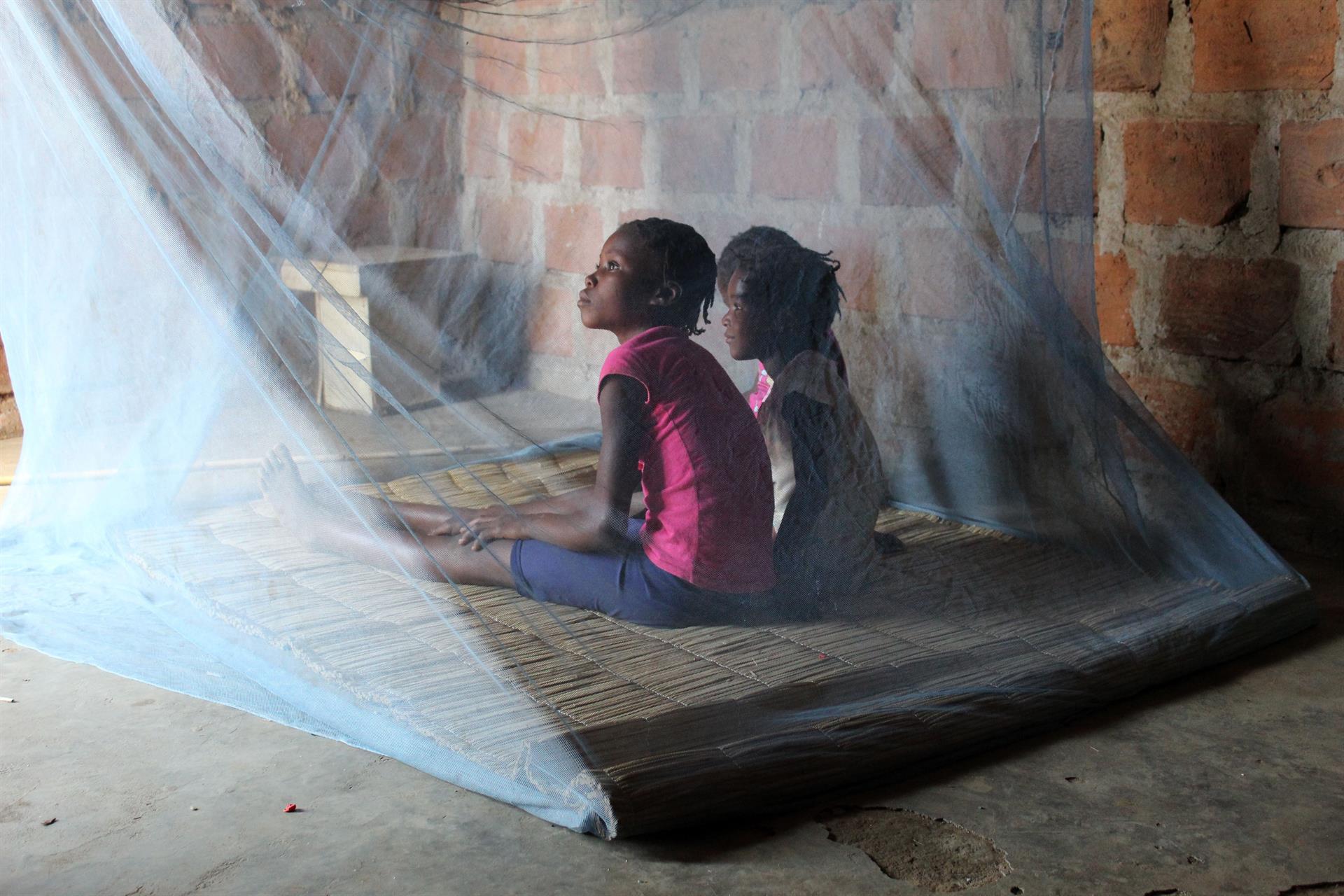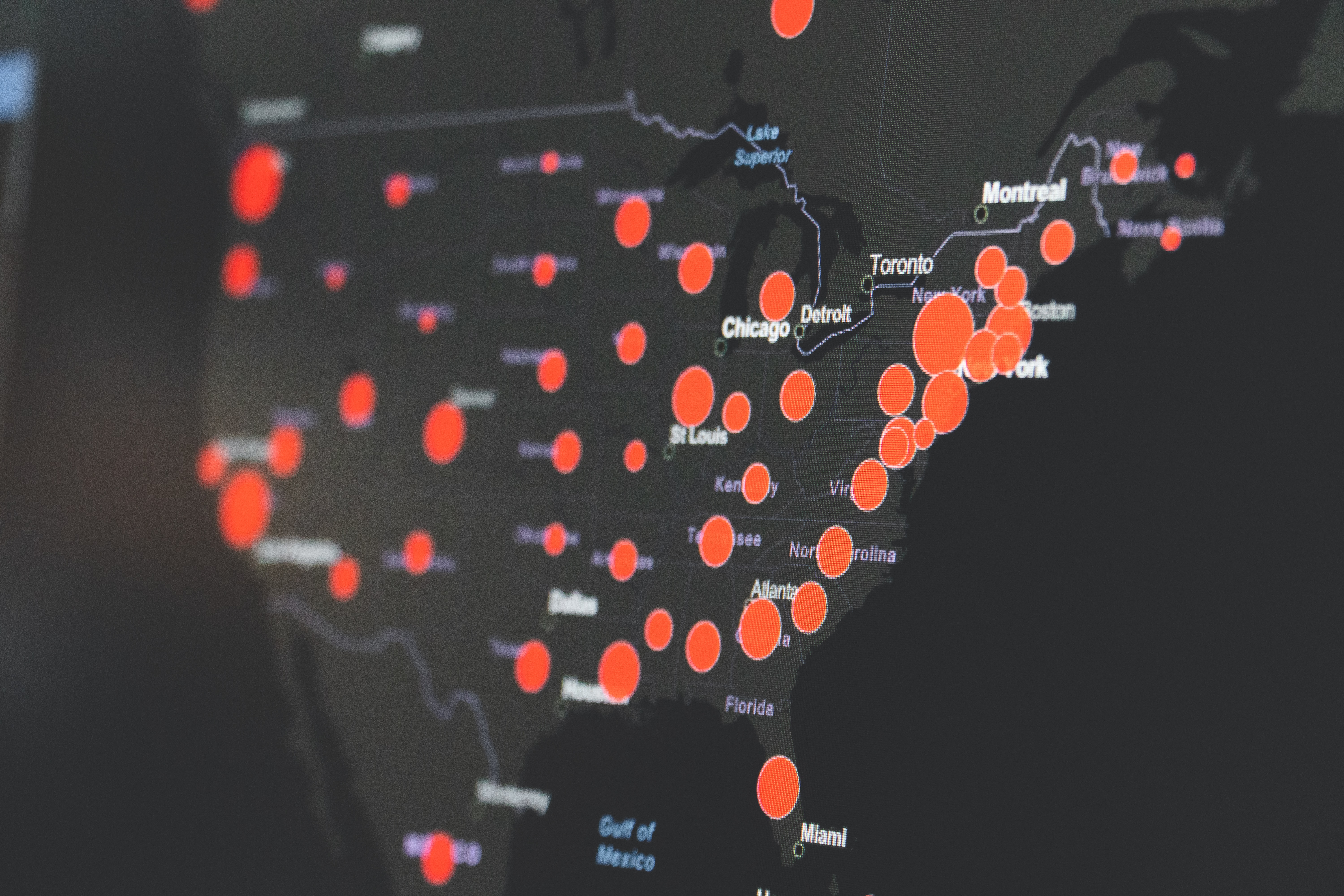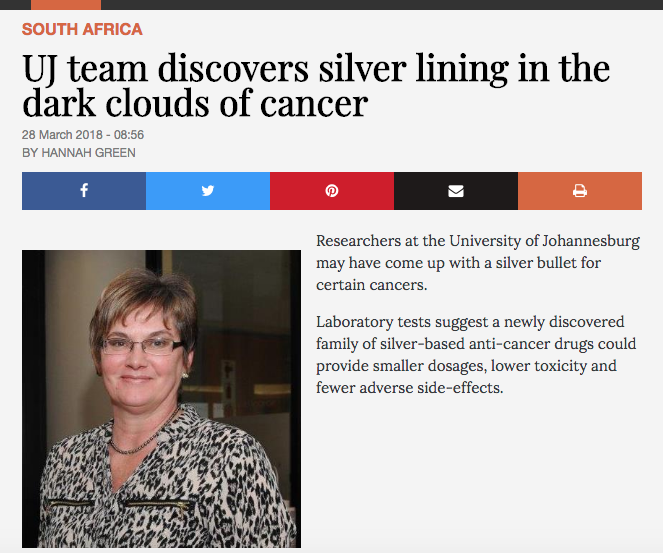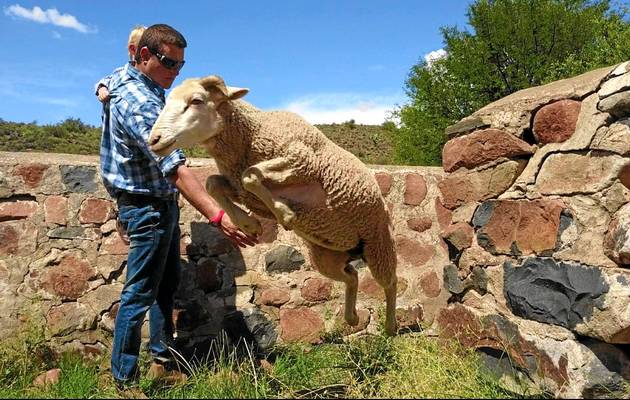By Skylar Thoma
MAIN IMAGE: The WHO warns that as many as 769,000 people could die from malaria this year if current efforts to combat the disease, such as the distribution of treated mosquito nets, are interrupted. SOURCE: Twitter @WHO
As many as 769,000 people in Africa could die from malaria this year as efforts to combat the disease are interrupted by the coronavirus pandemic, the WHO warned Thursday.
The global health body’s Regional Director for Africa Dr Matshidiso Moeti warned that malaria deaths could soar if the distribution of treated mosquito nets is interrupted.
She said a recent analysis had found that if the net distribution outlets were closed and malaria case management was halted, malaria deaths could match numbers last seen in 2000.
In 2018, Africa recorded 213 million malaria cases and 380,000 deaths, accounting for the vast majority of malaria deaths worldwide.
WHO officials are concerned that as countries combat the coronavirus pandemic, malaria will not be the only disease that spikes – other diseases will also not get the attention or resources they require.
These fears are based on the experience of the 2014 Ebola virus epidemic in West Africa. According to Moeti, malaria and other diseases were reponsible for more deaths than the Ebola virus itself during that epidemic.
“Let us not repeat that again with COVID-19,” Moeti said.
Moeti urged countries to follow the updated WHO vaccination guidelines, which recommend that countries prioritize routine vaccinations for children and adults who are at risk of catching diseases like influenza. Vaccination campaigns for diseases where there is no active outbreak may need to be put on hold.
She said one in four African children remain under-immunised. “To protect communities from diseases like measles, polio and yellow fever, it is imperative that routine immunization continues,” she said.
The Measles and Rubella Initiative reports that 24 countries have postponed their measles vaccination campaigns as a result of the coronavirus. The global coalition warned that over 117 million children are at risk of not getting a vaccine for measles, despite the fact that a vaccine has been available for over 50 years.
“Disease outbreaks must not remain a threat when we have safe and effective vaccines to protect us”, WHO Director Tedros Adhanom Ghebreyesus said in a press conference on Friday. “While the world strives to develop a new vaccine for COVID-19 at record speed, we must not risk losing the fight to protect everyone, everywhere against vaccine-preventable diseases”.
Health officials are also concerned that as some countries begin to allow people to return to work and begin to reopen commercial buildings, there may be an outbreak of Legionnaires’ disease, reports Reuters. The severe form of pneumonia develops in water pipes that have not been used for an extended period, meaning building owners have been advised to take extra sanitation precautions as they reopen.







